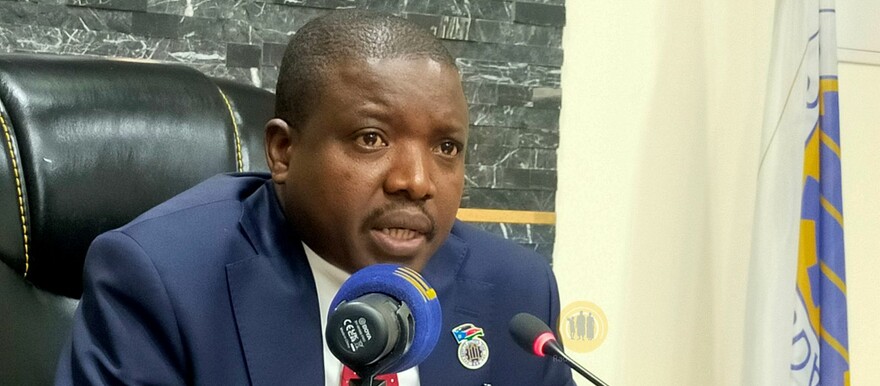The Bank of South Sudan (OSS) said it has doubled the amount of U.S. Dollars it will auction to commercial banks and forex bureaus to curb the depreciation of the South Sudanese Pounds (SSP)
James Alic Garang, the Bank of South Sudan Governor, told a press conference on Friday evening that the SSP has slightly lost value over the last week as a result of the increase in salaries of civil servants and organized forces by 400 percent.
He revealed that the central bank increased the amount of dollars auctioned on Thursday from USD 2 to 4 million to absorb the excess SSP in the market.
“While it is a good idea to increase salaries and pay off government workers, you could see that on the other hand, a higher pay rise may have a negative impact than what the bank does. The bank has to go out and we had to inject dollars to mop the excess liquidity which is in the market,” Governor Alic explained. “The amount we put out last Thursday was double what used to be for the last month. The figure we used to auction was about USD 2 to 3 million and on Thursday we put out USD 4 million which is twice what we used to auction. At the moment we think that we have sufficient reserves to even increase this figure going forward.”
“We are confident that we have enough reserves to increase the amount that we will auction, so for the next few weeks we are confident that the rate will stabilize,” he added.
The central bank governor however said that in the long run, the depreciation of the SSP as a result of an increase in salaries will be limited as the mindset of the South Sudanese will adopt the new salary scale while the central bank is also exerting efforts in stabilizing the SSP.
“In the long run, everything will be fine for us in South Sudan because paying government salaries is an obligation of the government and there is no doubt about that,” Alic said. “It should not be taken as negative, it is something positive and we must ensure that our people are paid decent wages to make a living to produce and to improve this economy. In the intermediate, when a large quantity of one currency is brought out to the public, it has that small impact and so what we are seeing today is I can say the payment of salaries for the time being may put pressure on the exchange rate. However, in the long run, the public psychology will adjust and they will know that from time to time we will always be paid this much and so there will be no panic in the market.”
“In the long run, there are other positive things that are going to happen in the economy which will also stabilize,” the governor added.




